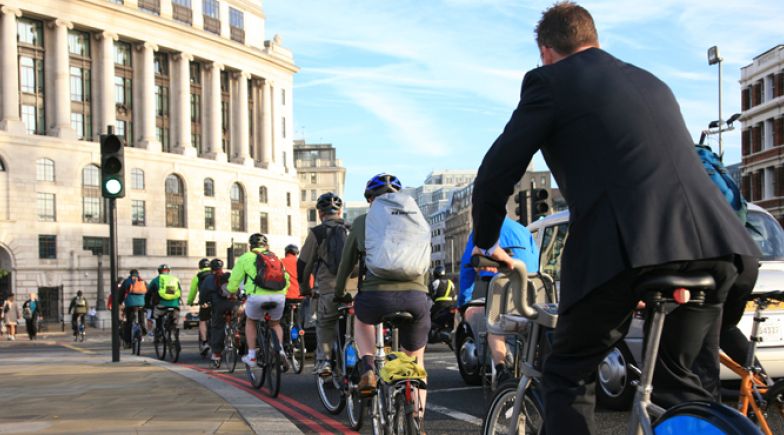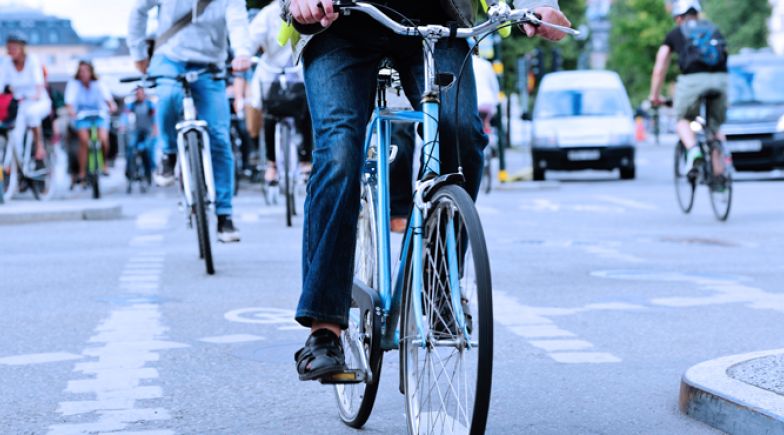Uber has diversified from offering for hire vehicle services to offering shared ebikes, with the purchase of JUMP.
Uber recognizes the potential for shared ebikes to provide more sustainable travel trips, replacing trips by private car, and reducing congestion and air pollution.
How we helped
Our team considered the potential benefits which could result from implementing shared ebikes at scale in both New York and London.
The study was based on a methodology which analyzed the potential trips which are switchable from other modes, and assumed a portion of these identified trips could switch to shared ebikes (based on a methodology developed for Transport for London).
The next stage of the study considered the potential mode switch to ebikes and subsequent impacts in terms of reductions in vehicle trips, vehicle miles traveled (VMT), congestion relief and carbon reductions.
Successes and outcomes
As a result of our study we calculated that implementing ebikes at scale would result in the below changes for New York and London.
1 million daily trips switching to shared ebike in New York, resulting in:
- 227,000 fewer daily vehicle trips
- 761,000 fewer daily vehicle miles
- 25,000 fewer daily vehicle hours of delay
- 300 fewer daily metric tons of CO2 emissions
813,000 daily trips switching to shared ebike in London, resulting in:
- 230,000 fewer daily vehicle trips
- 1,051,000 fewer daily vehicle-km
- 21,100 fewer daily vehicle-hours of delay
- 184 fewer daily metric tons of CO2 emissions
- 0.2 fewer daily metric tons of NOx emissions
Between 100,000 to 200,000 shared ebikes would need to be deployed to serve the 1 million daily trips in New York City. Between 81,000 to 163,000 shared ebikes would be required to serve the 813,000 daily trips in Greater London.



